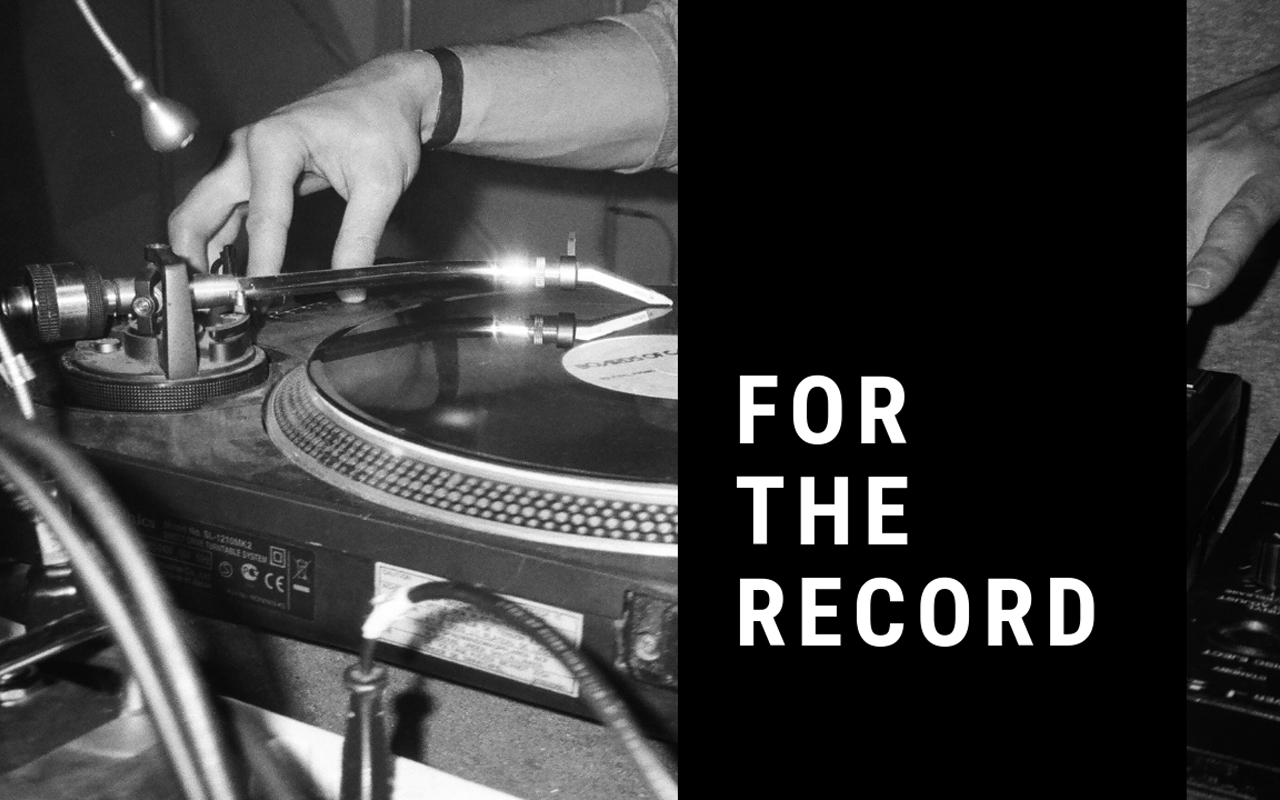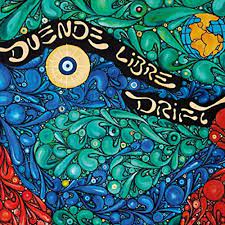

Duende Libre
Drift
Self-released
If the United Nations’ General Assembly had a house band, it might sound something like Duende Libre. Negotiating on a platform of jazz and cool-fusion, Alex Chadsey (piano, composition), Farko Dosumov (bass), and Jeff “Bongo” Busch (percussion) entertain the music of Europe, Africa, and the Americas with both the strategic exuberance and cool-headedness of trained diplomats. Duende Libre return from the studio a year after their self-titled debut with Drift, sounding like a band that’s far surpassed its own sustainable development goals.
On Drift, the band’s cultural confluence, which melded pre-existing alloys like jazz fusion and Afro-Caribbean music, has spread like its own musical confidence. Joined by vocalist Chava Mirel (who, like Chadsey, is another veteran of reggae royalty Clinton Fearon’s group), the trio focuses less on the familiar ‘70s Rhodes sound, to more on varied modes on its meditative and ingeniously immersive pieces. Chadsey writes now in gestures closer to that of his idols and peers, revealing his own voice further in the process. Hence it’s not hard to see where the album’s piano-based opener “Zephyr,” a suspensefully floating ode, takes its sophisticated and symphonistic structure if compared with tracks like “Choro,” Chadsey’s dramatic tribute to Jovino Santos Neto.
As to the mix of traditions and approaches mastered by the entire band, their very rendering of these has become richer, not merely in solos but in comping and melodic statement.
Dosumov’s upper register improvisations have a lyrically vocal quality, enhanced by the use of octaving pedals, though only part and parcel of the popping sound on the mix of hip-hop layout and afro-beat build up in the title track “Drift.” His tight groove with Busch stands out on the Chick Corea classic “Spain,” as well as the multipart “Subway.” For this track, Chadsey has the band switch from full-on funk to a more laid-back vibe, like ducking out of said transport’s crazed rush and climbing into the chill of the night. Here, listeners may take note of Busch’s melodic work on the cowbell, in addition Mirel’s bright harmonies in the background, featured throughout the album’s varied pieces.
For “Bosphorous,” the trio mixes a Phrygian mode figure with a swinging Latin funk-march, describing a scene of a treacherous danger lurking among heightened nobility. Like the crossing of cultures at the seat of empires in the world’s most narrow strait, Duende Libre combines the various traditions around us into compelling stories of what we have in common. And while telling these stories, one can hear, too, how the group drifts into the unique hybrid of what it is itself.
–Ian Gwin